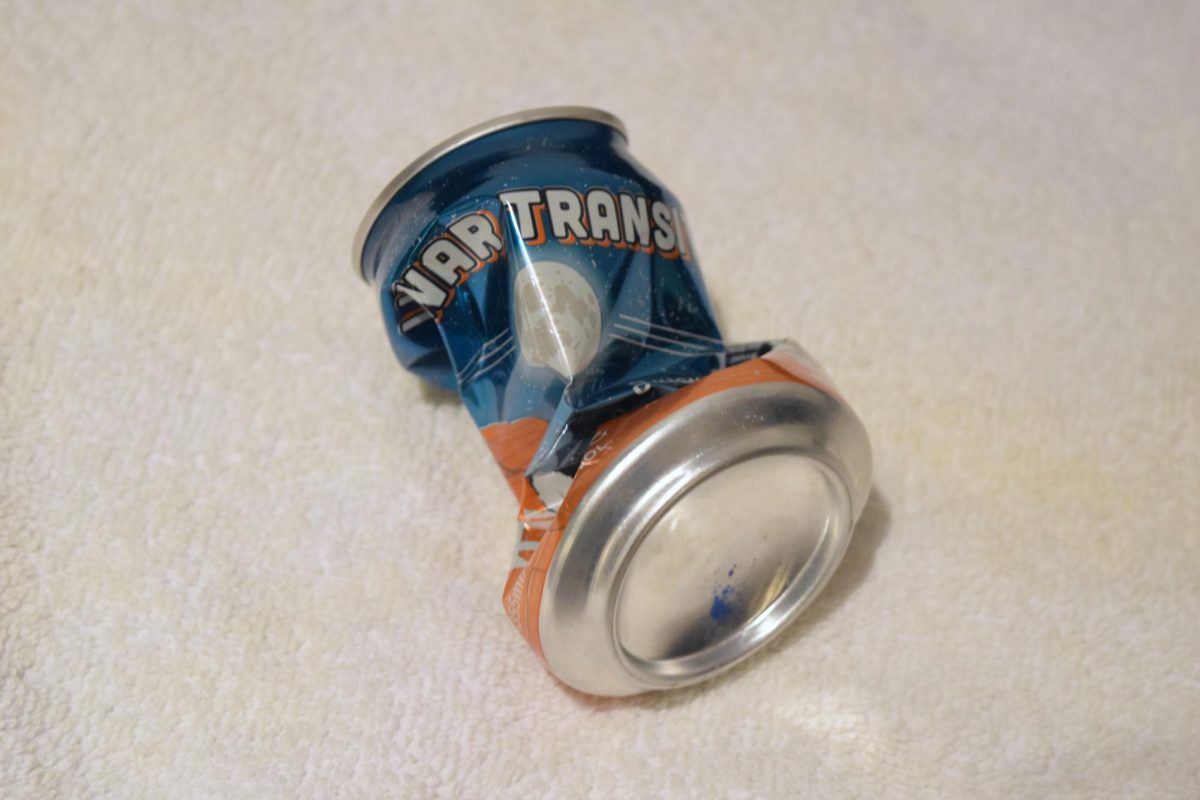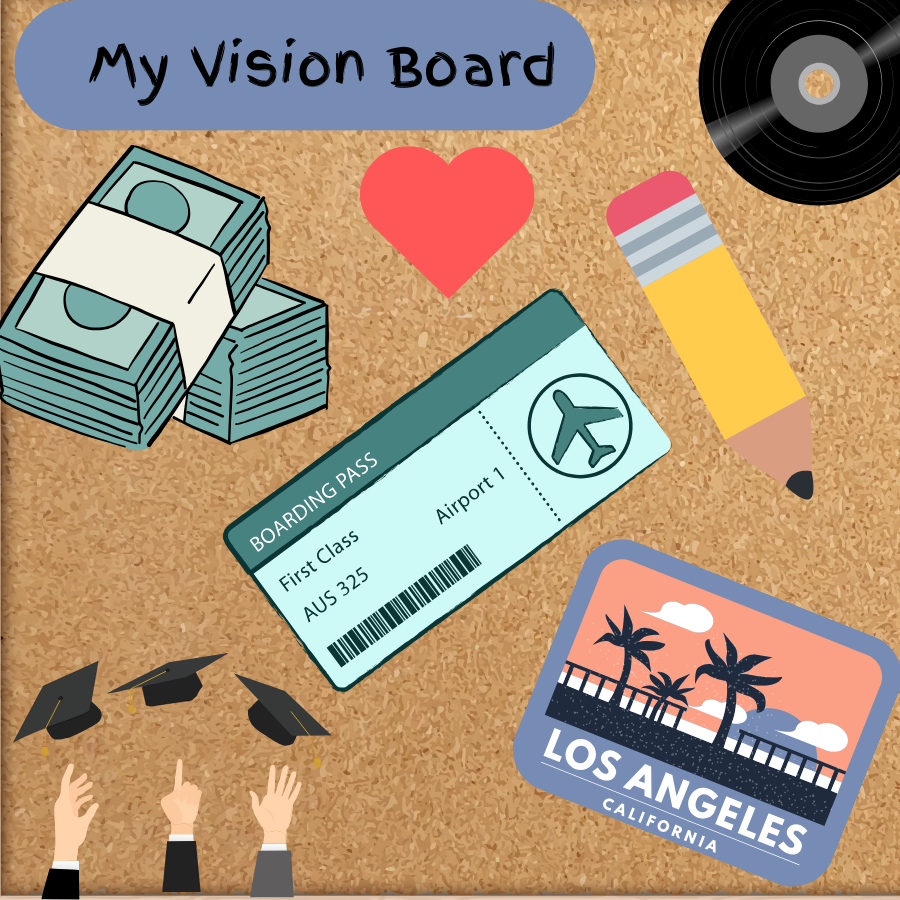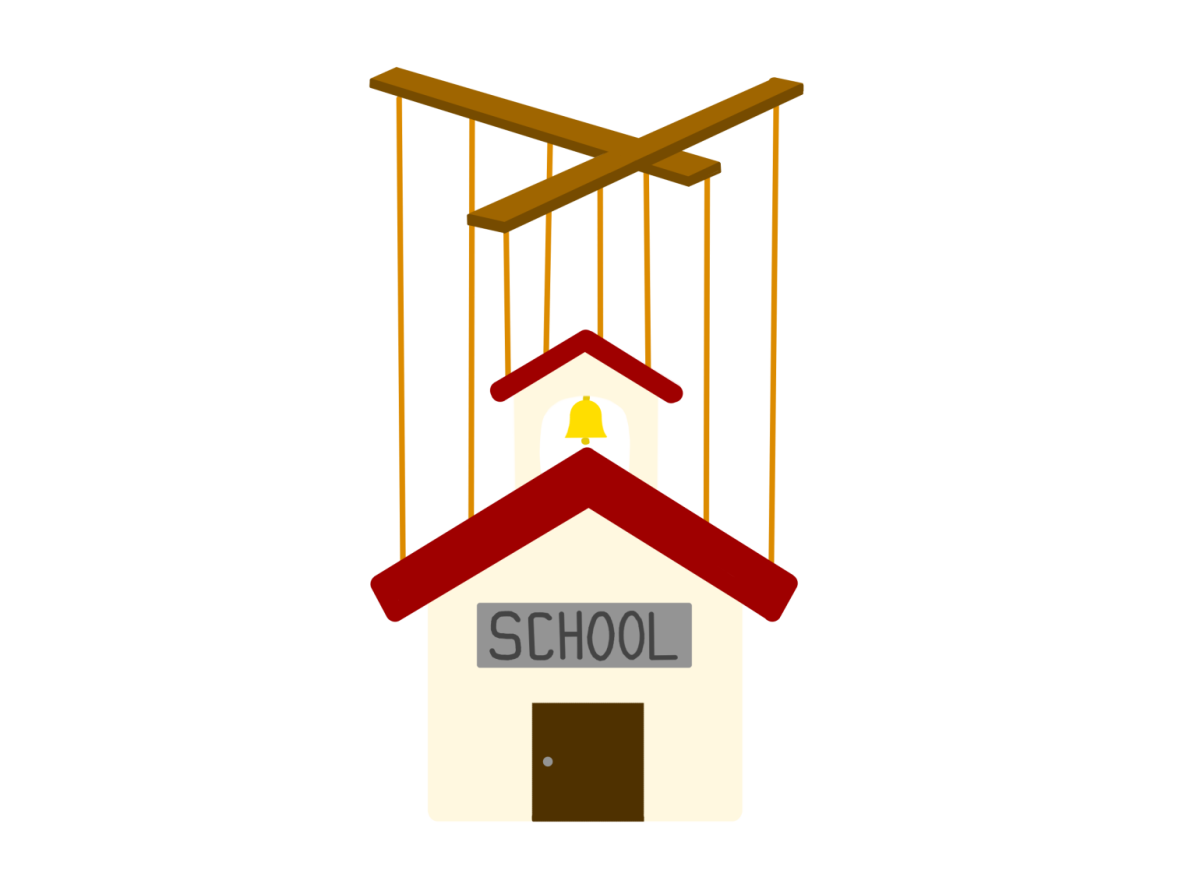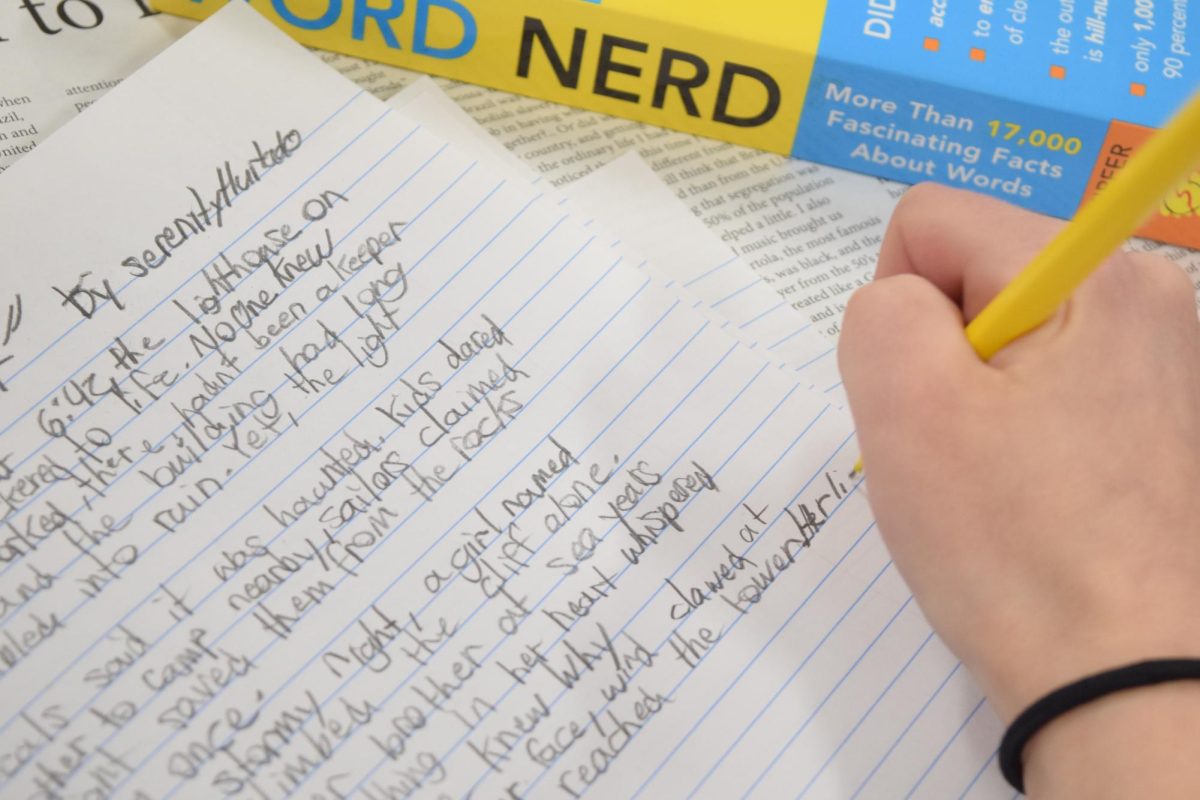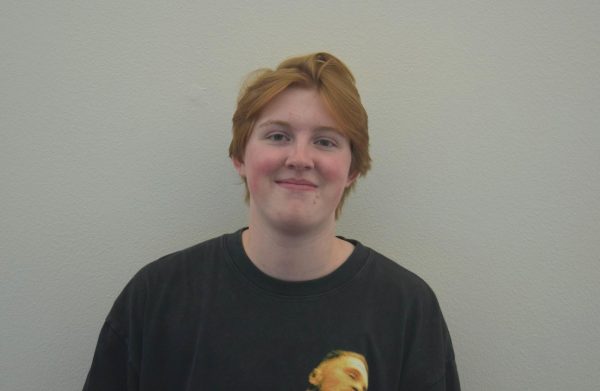Classmates bragging about their parents buying them drugs and alcohol, how “chill” their household is, and the last party they hosted has filled the Creek hallways. Parents might want to help their children learn how to handle substances, but when does this interaction between parents and kids get dangerous?
According to the National Library of Medicine (NLM), in a survey of 13-18 year olds, one third said it was easy to get alcohol from their consenting parents, and one quarter had attended a party where parents consented to adolescent drinking.
Some parents choose to give their kids drugs in safe environments in order to prepare their kids for college and help them get used to alcohol, especially at parties. But while parents might not see this as a huge problem, if overdone, it can lead to unexpected dependencies.
Having unchecked access to substances can cause the kid to build up an addiction that will affect them way into the future, and do much more than just prepare them for adulthood.
Not everyone has parents who provide them with substances, but it still affects them. When kids that have alcohol at home come to school and talk about how they get drugs and drinks from their parents, it could lead to feelings of jealousy and confusion for their peers. Other kids would think “Why don’t my parents do this?” or “Is that what I should be doing?”
These kids aren’t getting alcohol from some restaurant or from a liquor store, so they must be getting it somewhere else. Most kids don’t have a “cool” adult friend in their life willing to buy them alcohol, but rely on either friends or their parents to provide it. Leaving out easily accessible substances can also be a way parents inadvertently support underage drug abuse, whether intentional or not.
According to the National Institute on Alcohol Abuse and Alcoholism, around 28% of people ages 12 to 20 in 2023 reported drinking in the past year.
You might hear people in the hallways or bathrooms saying that their parents bought them some edibles or alcohol for a party. But why are parents doing this? Sometimes it sounds like their parents wanted to party with them instead of teaching them the realities of what these drugs can do. Whether parents need a drinking buddy or want to get their kids used to drugs, this interaction often gets out of hand.
Parents partying with their kids is unacceptable, and when teens tell their friends, it normalizes the situation. Whether their parents don’t care if they use drugs, provide them with alcohol for parties, or are trying to introduce them to drinking before college, this behavior is dangerous because it can lead to addiction.
The NLM found that parents setting strict rules regarding underage drinking is overwhelmingly associated with a decline in drinking and dangerous behaviors.
When any type of drug is given to a kid by their parents, it is harmful – regardless of intention. Although it can give a safe environment and provide a safe space to learn about alcohol, that structure can also lead to dependence on those substances.
Imagine hosting a party and your parents let you and your friends take a few hard seltzers from the fridge for the night. That may seem nice, but in reality, soon, you might want to do that everyday.
This could be a result of kids rebelling, but when they come to school often with drugs, or brag daily about their drug use, it feels like the parents aren’t taking responsibility for limiting access to said drugs.
While parents may not think their kids are bragging about them giving them drugs, and it might be a one-time thing for well intentioned reasons, the next thing they know, Human Services could be showing up at their door. Even well intentioned parents who are aiming to get their kids used to drinking for adulthood can face these consequences.
Any adult would automatically be worried for the child’s safety hearing these conversations, especially a mandated reporter like a teacher. They would have to bring it to the school and get Human Services involved.
There is always an alternative method to supporting addiction, like letting your kids be open with you about their alcohol consumption, but not necessarily doing it with them or being the provider. Parents should not be their kids’ dealers, nor should they support underage substance use in their household.

